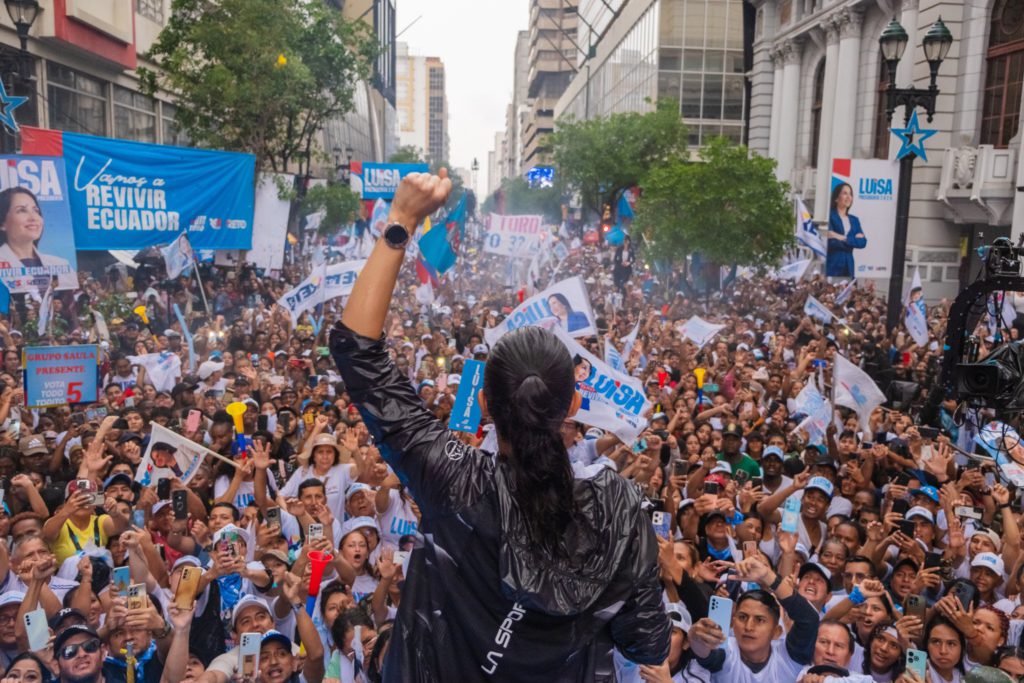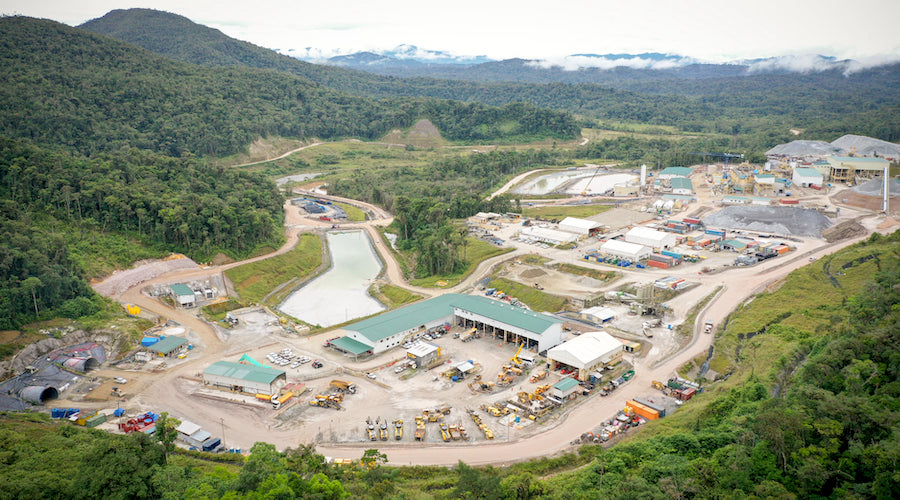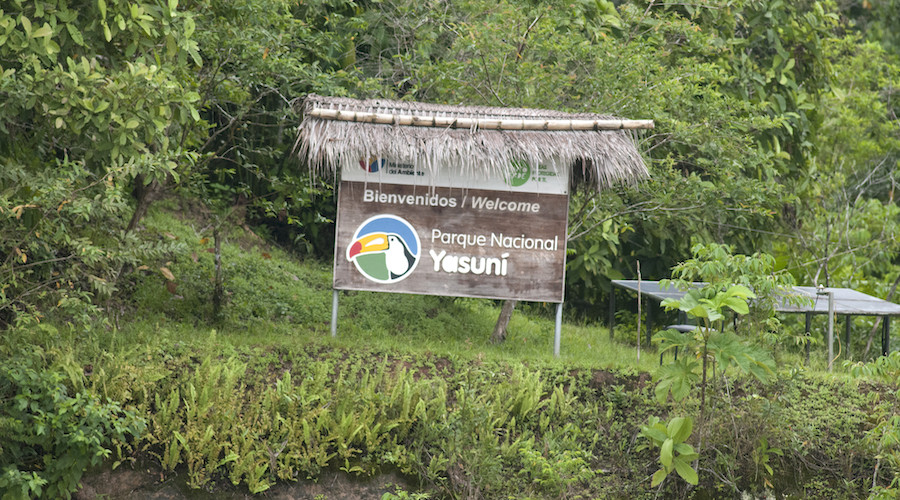Ecuador’s mining future uncertain as socialist party gains traction
Posted Under Commodity News, On 11-02-2025
Source: mining.com
Ecuador’s mining industry is bracing for potential changes as the nation’s main socialist party gains momentum in the presidential race.
Luisa González, a protégé of former President Rafael Correa, is leading a strong push fuelled by public discontent over a struggling economy, gang violence, and widespread blackouts. Her platform, which reflects the policies of the influential Citizen Revolution movement, could significantly reshape mining policies if she wins the runoff on April 13.
González’s rise to prominence comes amid voter dissatisfaction with the current administration under President Daniel Noboa, a 37-year-old businessman and political newcomer. González narrowly trailed Noboa in Sunday’s election, securing 43.95% of the votes behind his 44.15%, forcing a runoff.
Citizen Revolution also secured a substantial presence in the legislature, positioning the party to form alliances that could lead to a majority, potentially amplifying their ability to implement policy changes.
Industry at a crossroads
The mining sector, one of Ecuador’s fastest-growing industries, faces uncertainty as González has made it clear that she intends to revisit royalty agreements and state control.
Under Correa’s administration (2007-2017), Ecuador established its fledgling mining industry with policies that attracted foreign investment, but were also criticized for favouring multinational corporations over local communities. González has stated her intent to increase royalties on mining operations, reflecting a broader strategy to redistribute wealth and strengthen state revenue.
Despite her alignment with Correa’s economic policies, she has suggested a shift away from the market-oriented framework adopted in recent years. This change could result in increased regulation, higher taxes on extractive industries, and a reevaluation of existing contracts with foreign companies. While such measures may boost government revenues, they could also deter foreign investors, particularly if the policies are perceived as unpredictable or overly burdensome.

The effects on small-scale and illegal mining operations could also be significant. González has vowed to combat illegal mining, which has become a significant issue in Ecuador, often linked to environmental degradation and funding for criminal organizations. Her proposed use of technology such as drones and artificial intelligence, along with a stronger military presence, aims to curtail these activities.
However, these measures could require substantial resources and coordination, raising questions about their feasibility.
Policy shifts
A González presidency would mark a departure from Ecuador’s recent market-centric approach. Her economic platform aligns with other leftist leaders in Latin America, such as Venezuela’s Nicolás Maduro, and reflects a populist strategy focused on resource nationalism. This approach is likely to prioritize greater state control over natural resources, including mining, while increasing social spending.
Her position on oil drilling provides further insight into her extractive industry stance. González opposed a 2023 referendum to shut down oil operations in the Yasuni National Park, signalling her willingness to expand resource extraction despite environmental concerns. This could indicate a pragmatic approach to mining, balancing economic needs with the demands of her political base.
The uncertainty surrounding González’s policies has already affected investor confidence. Ecuador’s dollar bonds saw their sharpest drop in over two years following her strong performance in Sunday’s vote. The mining sector, heavily reliant on foreign investment, may face heightened scrutiny and reduced funding if González follows through with plans to increase royalties and renegotiate contracts.

Her party’s potential influence in the legislature could also accelerate policy changes. If Citizen Revolution secures a majority through alliances, they could pass legislation that reshapes the regulatory landscape for mining companies.
Despite her strong showing, González faces significant challenges. Her association with Correa, who remains a polarizing figure, could alienate moderate voters in the runoff.
Implementing her ambitious mining and economic policies would require navigating entrenched bureaucratic and legal systems, as well as managing potential resistance from business interests and international investors.
Noboa, on the other hand, represents continuity for Ecuador’s current mining policies, which have been more market-friendly. His support from younger voters and his business background could sway the outcome of the runoff. However, his administration has struggled to address crime and economic challenges, leaving the door open for González’s message of change.
If González wins, Ecuador could join a broader trend in Latin America, where resource nationalism has gained traction. Countries like Chile and Peru have recently implemented higher taxes and royalties on mining, reflecting a shift toward policies that prioritize local interests and state revenues.
Ecuador’s mining industry, still in its infancy compared to its neighbours, could see a period of rapid transformation under González, with long-term implications for foreign companies and regional investment strategies.
(With files from Bloomberg and MINING.COM archives)

